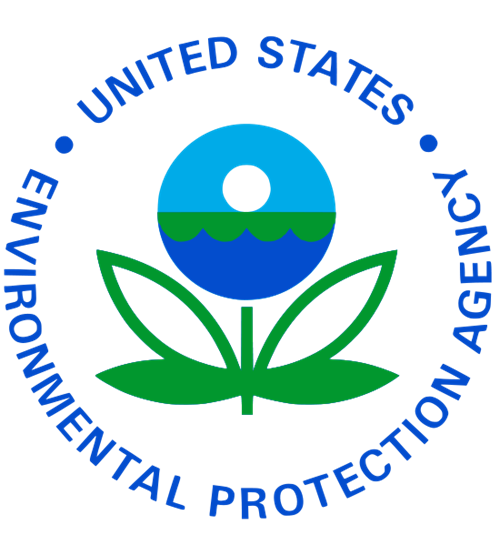EPA Announces New WIFIA Funding for Water Infrastructure Projects
(UC) - U.S. Environmental Protection Agency (EPA) Administrator Andrew Wheeler has announced the availability of funding to provide an estimated $6 billion in Water Infrastructure Finance and Innovation Act (WIFIA) loans in 2019.
The funding could leverage $6 billion in public and private investment for construction-ready projects to protect drinking water from lead and emerging contaminants, upgrade aging infrastructure, and promote water recycling and reuse.
“Through WIFIA, we are addressing several of President Trump’s top priorities simultaneously: modernizing our nation’s aging infrastructure, improving public health protections, and creating jobs,” said EPA Administrator Andrew Wheeler. “This new round of WIFIA funding provides up to $6 billion in credit assistance which, combined with other sources, could support $12 billion in water infrastructure projects and create more than 180,000 jobs. For this round, we are prioritizing construction-ready projects in three areas: water reuse and recycling, reducing exposure to lead and addressing emerging contaminants, and updating aging infrastructure.”
The WIFIA program plays an important role in President Donald Trump’s efforts to rebuild America’s aging water infrastructure while improving local water quality, creating jobs and better protecting public health. WIFIA loans are available to public and private borrowers for a wide range of drinking water, wastewater, drought mitigation, and alternative water supply projects. This year’s Notice of Funding Availability (NOFA) highlights the agency’s priority to finance projects that are ready for construction in three key areas: reducing exposure to lead and addressing emerging contaminants in drinking water systems; updating aging infrastructure; and implementing water reuse and recycling.
The WIFIA program received $68 million in funding in the Consolidated Appropriations Act of 2019, which was signed into law by President Trump on February 15, 2019. This is a $5 million increase in the program’s funding from 2018. Leveraging private capital and other funding sources, these projects could support $12 billion in water infrastructure investment and create more than 180,000 jobs. EPA will accept letters of interest (LOI) from prospective borrowers for 90 days after publication in the Federal Register.
To date EPA has issued eight loans totaling over $2 billion in WIFIA credit assistance to help finance over $4 billion for water infrastructure projects and create over 6,000 jobs. EPA has invited an additional 42 projects in 17 states and D.C. to apply for a WIFIA loan. These 38 borrowers will receive WIFIA loans totaling approximately $5.5 billion to help finance nearly $11 billion in water infrastructure investments and create 172,000 jobs.
Background
Established by the Water Infrastructure Finance and Innovation Act of 2014, the WIFIA program is a federal loan and guarantee program at the EPA that aims to accelerate investment in the nation’s water infrastructure by providing long-term, low-cost supplemental loans for regionally and nationally significant projects.
WIFIA credit assistance can be used for a wide range of projects, including:
- drinking water treatment and distribution projects;
- wastewater conveyance and treatment projects;
- enhanced energy efficiency projects at drinking water and wastewater facilities;
- desalination, aquifer recharge, alternative water supply, and water recycling projects; and
- drought prevention, reduction, or mitigation projects.
The EPA will evaluate proposed projects described in the LOIs using WIFIA’s statutory and regulatory criteria as described in the NOFA. Through this competitive process, EPA will select projects that it intends to fund and invite them to continue the application process.
Related News
From Archive

- Glenfarne Alaska LNG targets late-2026 construction start for 807-mile pipeline project
- U.S. water reuse boom to fuel $47 billion in infrastructure spending through 2035
- $2.3 billion approved to construct 236-mile Texas-to-Gulf gas pipeline
- Major water pipe break in Puerto Rico hits over 165,000 customers
- Potomac River Tunnel project enters construction phase beneath Washington, D.C.
- Pennsylvania American Water launches interactive map to identify, replace lead water service lines
- Trump's tariffs drive $33 million cost increase for Cincinnati sewer project
- Utah city launches historic $70 million tunnel project using box jacking under active rail line
- Tulsa residents warned after sewer lines damaged by boring work
- Fatal trench collapse halts sewer construction in Massachusetts; two workers hospitalized




Comments